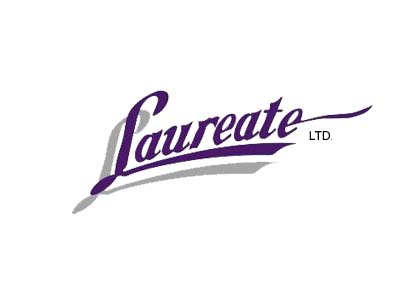There's no question that having a roof over your head is a serious business — and that goes for the owner of that roof, too.
A tenancy agreement is an essential document that is one of the most important contracts in everyday life. It sets out the expectations between the landlord and tenant, giving a solid legal foundation for a tenancy. So with such an important document, you have to make sure you've covered all your bases.
Don't panic. Here are five things that must be included in a tenancy agreement.
1. Names and Signatures
Unsurprisingly, your rental agreement will need to include the names of the landlord and tenant, as well as their contact information. This is essential for ensuring that both parties are aware of their rights and obligations — when both parties sign a tenancy agreement, it represents a binding legal contract.
2. Tenancy Length
One of the most important terms set out by a tenancy agreement is the dates on which the tenancy will begin and end. This is important for both landlords and tenants as it provides certainty and clarity regarding the length of the tenancy.
This part of the lease agreement also tends to cover what happens when the tenancy ends. For instance, it's common for a tenancy to switch from a fixed-term to a rolling contract after the end of the fixed period.
3. Rent and Payment Dates
Of course, the primary concern of most landlords is ensuring that they receive their rent on time and in full. For this reason, it's vital that the tenancy agreement sets out the amount of rent due, as well as the date on which it is due.
This creates the legal foundation for any disputes over payment and ensures that both parties are aware of their obligations from the outset.
4. Rules and Obligations
The bulk of a tenancy agreement should concern the rules or regulations regarding the rental property, such as allowed alterations or pet restrictions.
Some of the key terms to include are those concerning obligations and responsibilities. For example, the landlord may be responsible for maintaining the property and the tenant may be responsible for paying utilities.
It is important that both landlords and tenants are clear on the terms of their contract, and that they fully understand the division of obligations for the property.
5. Notice Period
When the tenancy has run its course, both the tenant and landlord must be aware of the period of notice required before either party can end the agreement. This will typically vary depending on what type of tenancy agreement is in place, but whatever the case, the notice period sets out the legal path to ending the tenancy.
Include These Things in Your Tenancy Agreement
As you can see, a tenancy agreement is a crucial document for both landlords and tenants that sets out the expectations and responsibilities for all parties. Whenever there's an agreement between landlord and tenant, there should be a full written contract to include everything we've laid out here.
Want to make sure you have your legal bases covered? Our property management services can take the stress out of renting property.



